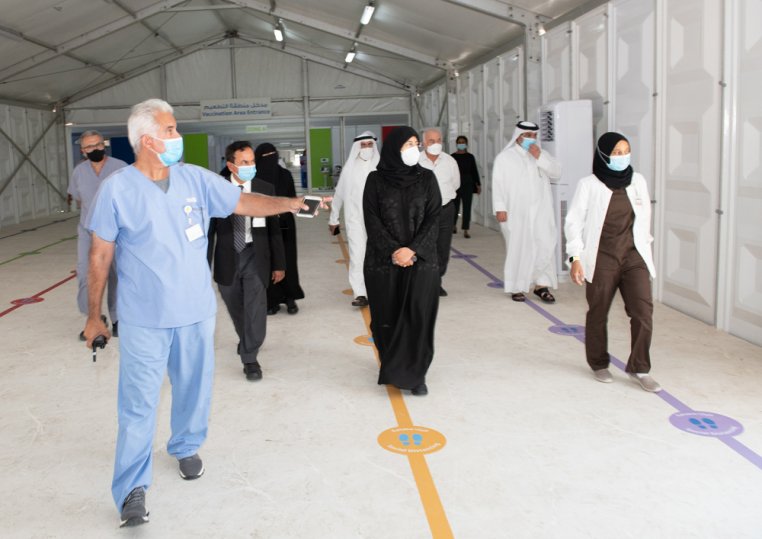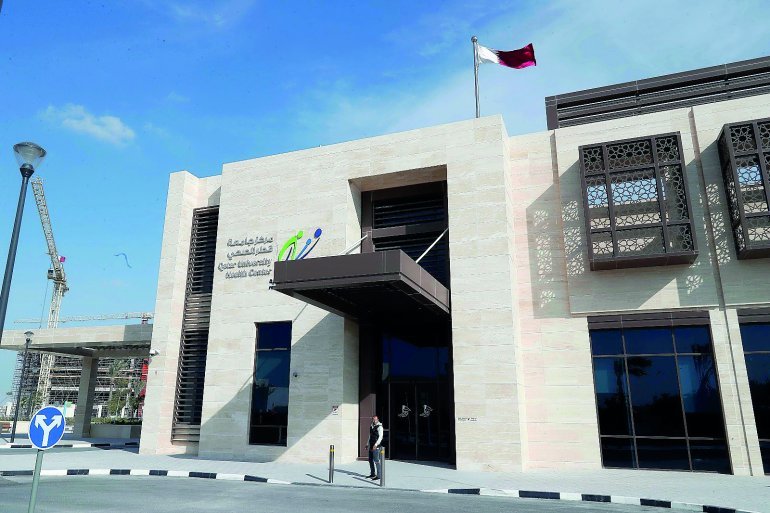
A new study by researchers in Qatar has shown that Type 2 diabetes can be reversed with dietary and lifestyle changes. The findings will change how patients with Type 2 diabetes are cared for in Qatar, with a plan to open a diabetes reversal clinic at Hamad Medical Corporation (HMC) in the coming months.
The study – led by teams at HMC’s Qatar Metabolic Institute (QMI), Primary Health Care Corporation (PHCC), Qatar Diabetes Association (QDA), and Weill Cornell Medicine – Qatar (WCMQ), and funded by the Qatar National Research Fund (QNRF) – found that Type 2 diabetes could be reversed in majority of patients through dietary change, physical activity, and behavioural changes, and without medication or weight loss surgery.
The study, which was recently published in the internationally renowned medical journal, The Lancet Diabetes and Endocrinology, is believed to be the first intensive lifestyle intervention trial in the MENA region and is Qatar’s first clinical trial in primary care.
“The research targeted patients who developed Type 2 diabetes within the past two years. One group of study participants received optimal diabetes care with diabetes medications, education, and dietary consultation. The other group received meal replacement for three months targeting weight reduction, followed by a weight maintenance regular diet. They received no diabetes medication at all. Diabetes was reversed, or cured in the majority (more than 60%) of participants of patients in the second group — the group who received no medication,” said Professor Abdul-Badi Abou-Samra, Director of QMI, and one of the study’s principal investigators.
“In the coming months we are planning to open a diabetes reversal clinic for patients who are motivated to treat their diabetes through lifestyle modification,” added Professor Abou-Samra. Dr Shahrad Taheri, Senior Consultant at HMC, Chair of the QMI Research Committee, and a Professor at WCM-Q, said the findings are exciting and could revolutionize the way Type 2 diabetes is treated.
“We are now going to take the findings from the research into the clinic. The planned clinics and future research will benefit from state-of-the-art facilities, including wellness centres in primary care,” said Dr Taheri, who was the lead principal investigator of the study. “The results of the study are important because they will have a significant, positive impact on the lives of people affected by Type 2 diabetes.
Research that focuses on the local population is instrumental in developing effective and specialised treatments for people with Type 2 diabetes, both in Qatar and region. Professor Abou-Samra added that, the research is highly relevant to Qatar because Type 2 diabetes is prevalent in the country and the findings provide physicians with evidence that supports an effective, alternative method for disease management.
Source : Gulf Times






Leave A Comment
You must be logged in to post a comment.